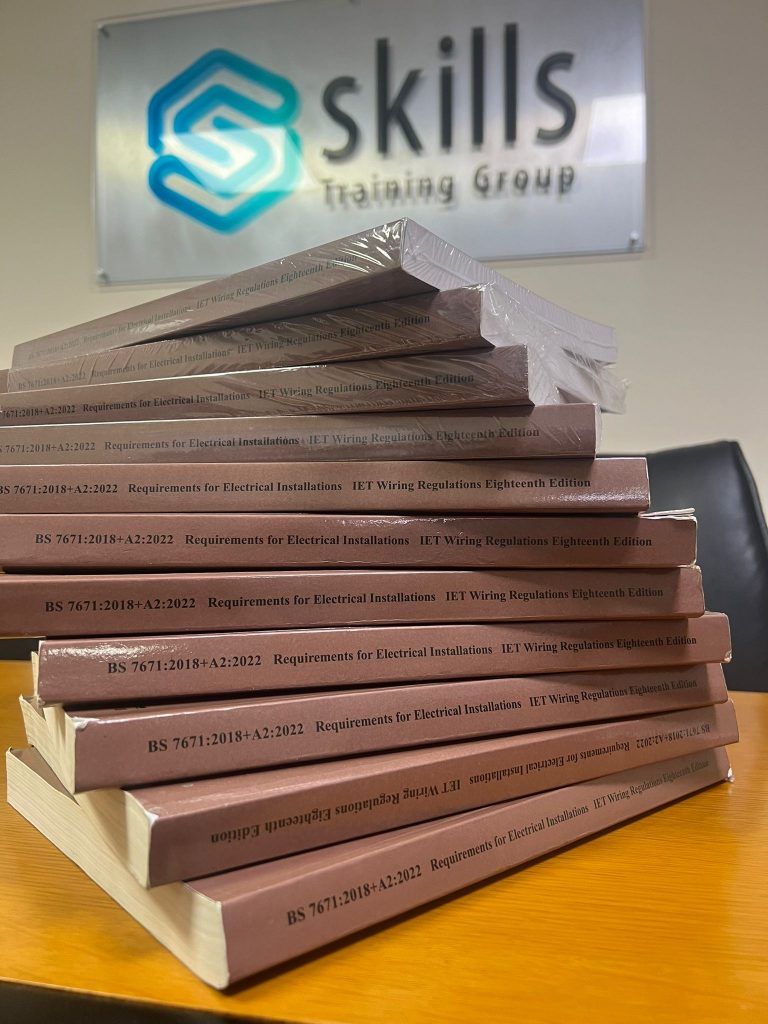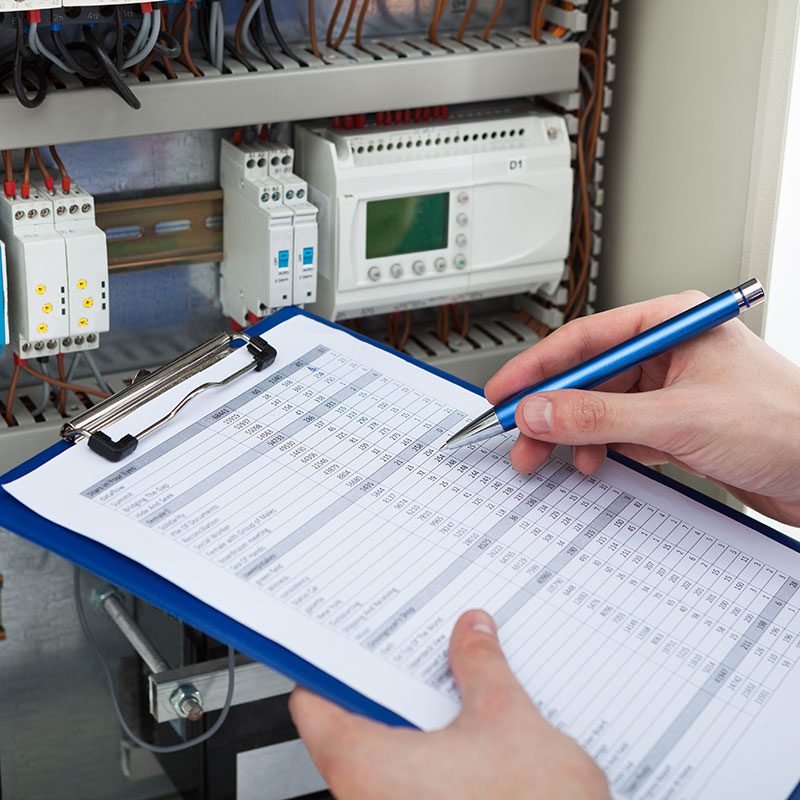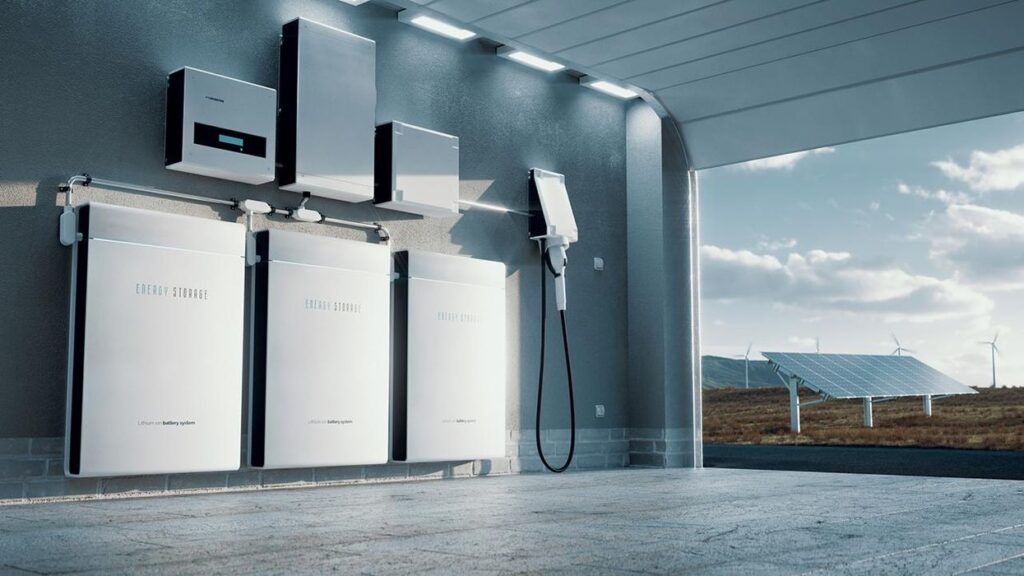Course overview
The Edinburgh-based Solar PV Installation and Battery Storage Course covers a range of crucial topics, including electrical system safety procedures, the components and workings of photovoltaic systems, and the hands-on skills needed for installing and maintaining small-scale systems. Completion of this course certifies the participant’s competence in installing and maintaining photovoltaic systems, making them eligible for MCS registration.
Entry Requirements
- Level 3 Electrotechnical vocational qualification
- Level 3 Certification in Electrical Installation Initial Verification and Certification
- Level 3 Award in BS7671 Electrical Installation Requirements (current edition)
Solar PV Exams
Assessment includes a practically observed assignment and an online test comprising multiple-choice and multiple-response questions. These exams are open-book, focusing on the relevant regulations and standards.
Modules breakdown
The Edinburgh-based Solar PV Installation and Battery Storage Course provides comprehensive training that encompasses numerous essential aspects:
-
- Grasping the health and safety risks and the safe work practices associated with installing solar photovoltaic systems.
- Understanding the requirements of applicable regulations and standards for practical installation, testing, and commissioning activities in solar photovoltaic system installation.
- Recognizing the key differences between AC and DC circuits in solar photovoltaic systems.
- Comprehending the roles of various components in solar photovoltaic systems.
- Learning about different types, silicon properties, and typical conversion efficiencies of solar photovoltaic modules.
- Grasping the core design principles for sizing and positioning solar photovoltaic system module arrays.
- Understanding the prerequisites for installing solar photovoltaic systems.
- Knowing the layouts and specifications for installing solar photovoltaic module arrays.
- Familiarizing with DC and AC circuit installation layouts for solar photovoltaic systems, especially for grid-tied systems as per relevant Engineering Recommendations.
- Learning about the techniques and components used for protecting solar photovoltaic systems.
- Understanding the testing and commissioning requirements for solar photovoltaic systems.
- Comprehending the handover process of solar photovoltaic systems.
- Learning how to plan and prepare for a solar photovoltaic system installation.
- Acquiring skills in assembling solar photovoltaic system components.
- Gaining knowledge on inspecting and testing newly installed solar photovoltaic systems.
- Mastering the installation process of new solar photovoltaic systems.
- Understanding the handover process of newly installed solar photovoltaic systems.
- Learning about routine inspection, service, and maintenance requirements for solar photovoltaic systems.
- Developing skills for troubleshooting solar photovoltaic system installations.
- Understanding how to repair faults in solar photovoltaic systems.
- Gaining proficiency in performing routine service and maintenance on solar photovoltaic system installations.
- Acquiring skills for fault diagnosis on solar photovoltaic system installations.
- Learning how to rectify faults in solar photovoltaic system installations.


